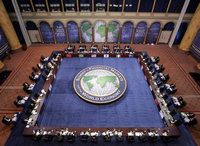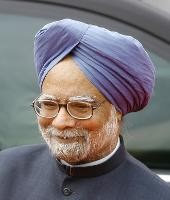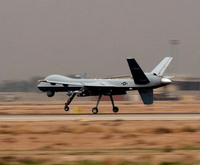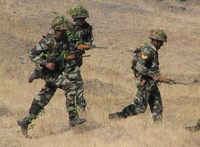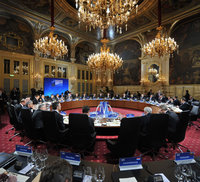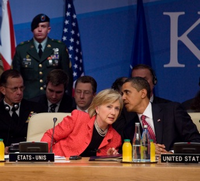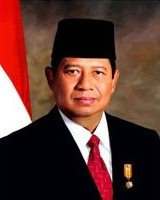
Indonesian President Susilo Bambang Yudhoyono’s bid for a second term has received an enormous boost after initial counting from last week’s legislative elections gave his Democratic Party a decisive edge over its rivals. His party was aided by its well-regarded handling of the economy in the face of the world economic crunch and collapsing oil prices, both of which have punished government coffers and will underpin the presidential campaign over the next three months. The country needs billions of dollars to create jobs, build infrastructure, overcome endemic graft and boost the pace of growth beyond the 3-4 percent forecast for […]

